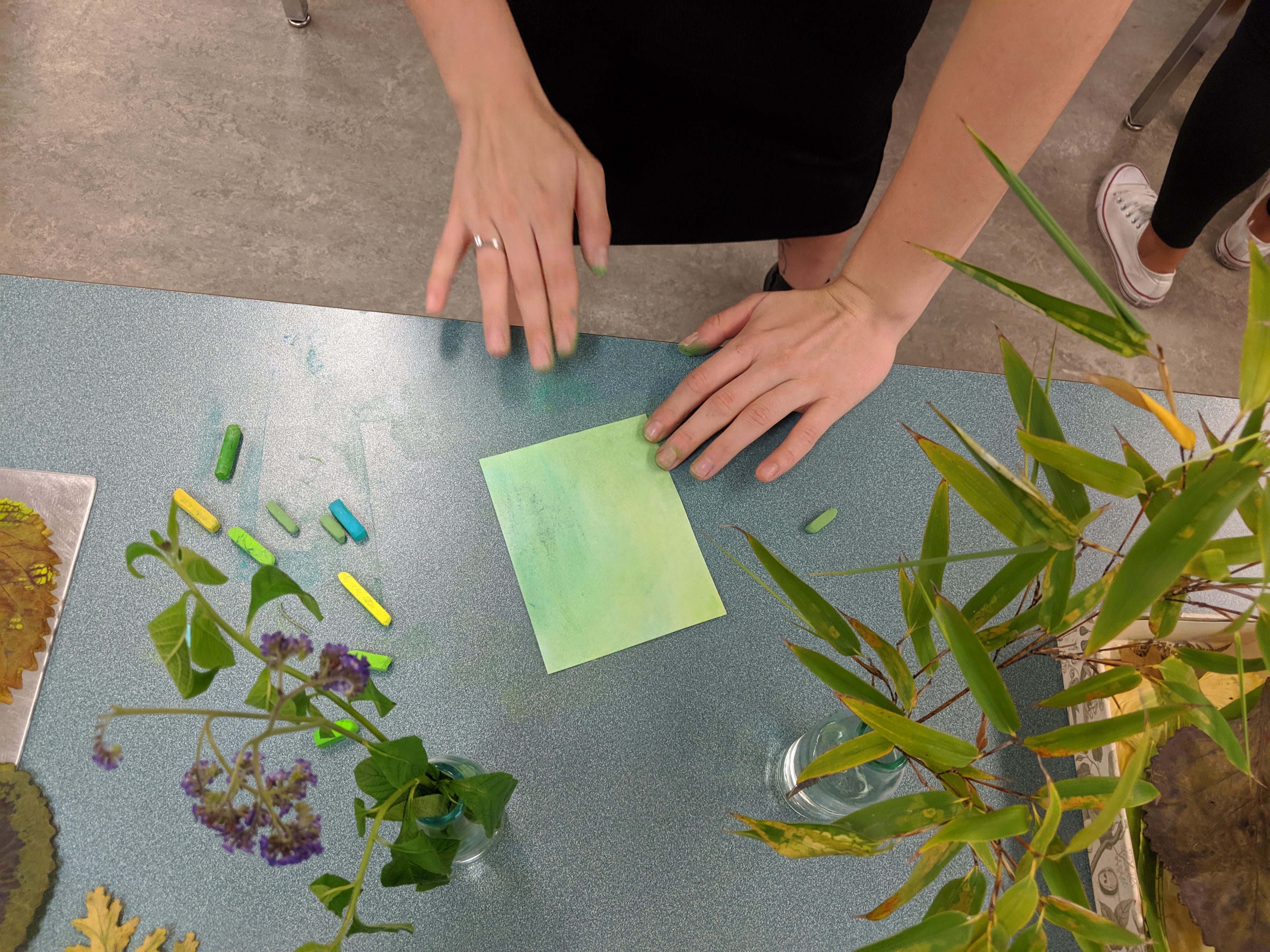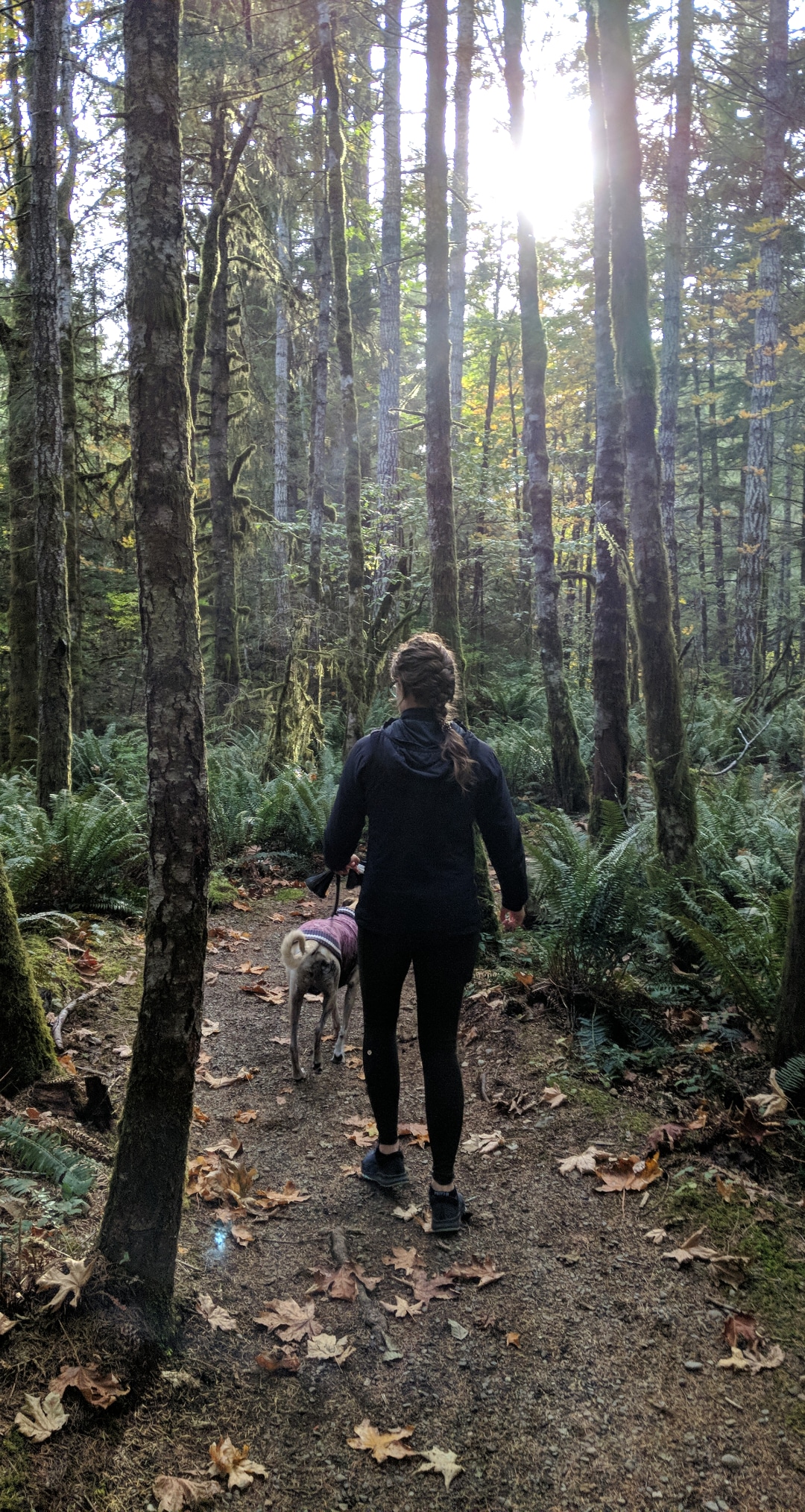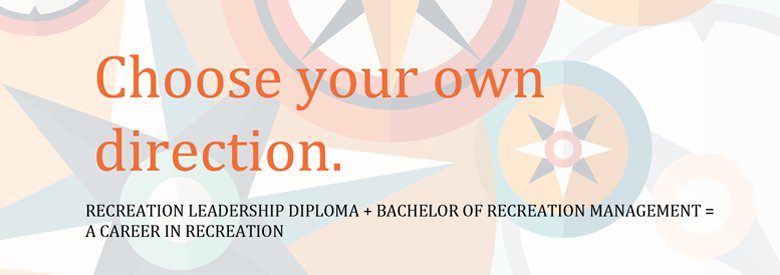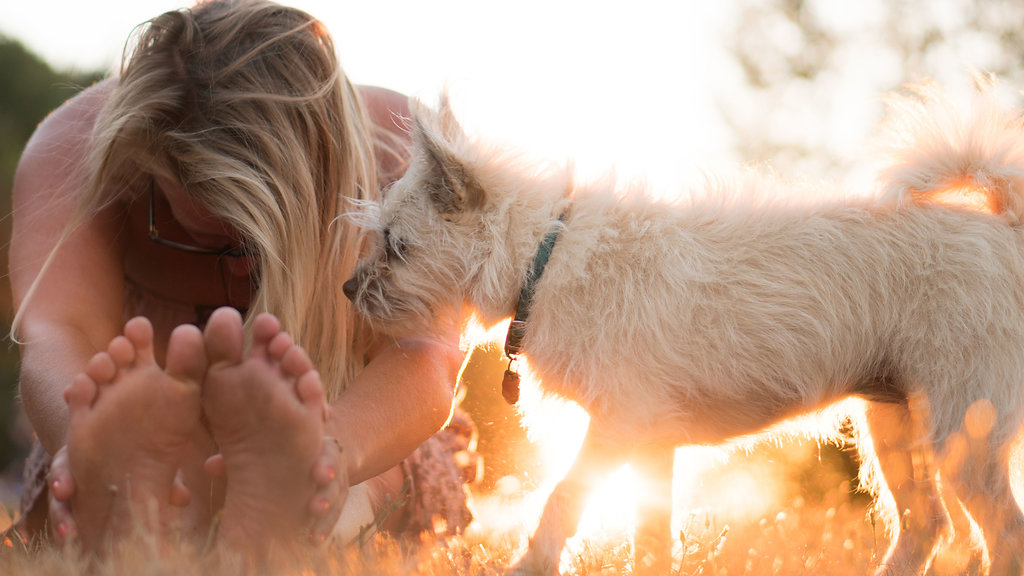Apr 6, 2020
Recreation for Mental Health and Wellbeing in times of COVID-19
In a time where almost all sense of normalcy has disappeared, recreation is more important than ever before. Recreation can help us maintain our mental, emotional, and physical wellbeing; and connect us with one another to create a sense of community throughout the COVID-19 pandemic.
Our world as we know it is changing dramatically every minute of every day. Some of us find ourselves working from home alongside some unusual ‘co-workers’ (partners, kids, pets), while others are working on the frontline, coming home to distance themselves from their loved ones in order to keep them safe. Some of us are living alone in isolation and are unable to interact with friends and family, and our marginalized populations are more at risk than ever; with so many challenges, COVID-19 is simply yet another.
What is Recreation?
Recreation has been defined as "the experience that results from freely-chosen participation in physical, social, intellectual, creative, and spiritual pursuits that enhance individual and community wellbeing." With government and health officials telling us to stay home and socially-distance, many of us have been turning to recreation as a distraction from the current situation. Recreational activities such as early morning hikes with our children and pets, workouts at home, cooking, gardening, reading, knitting, playing instruments, creating & performing art, yoga and meditation, are proving to be necessary for our wellbeing in this time of crisis.

How Recreation Connects Us
Examples have been pouring in from around the world exemplifying how recreation is connecting us, while respecting the need to maintain a physical distance. Videos of fitness trainers on rooftops delivering workouts to everyone on balconies in Spain, Zumba instructors with microphones in neighbourhoods in Utah, seniors playing bingo from their doorways, and virtual dance parties are popping up everywhere! There are so many great examples out there of people supporting each other through recreation. Millions are tuning in to live videos of yoga and workout classes, meditation and mindfulness workshops, and live art tutorials, which are taking place over platforms like Instagram and Facebook. In addition, we are seeing people connect with their friends for virtual dinner parties, games nights, and coming together online to enjoy a glass of wine. We are finding ways to connect in order to survive, and Zoom has become a common household appliance.
Connecting with Nature
We are witnessing the popularity of outdoor recreation soar as individuals seek out a breath of fresh air and a change of scenery. Families reconnecting with one another in nature has been a beautiful (and not surprising) benefit amidst the chaos. Connecting with nature is one of the pillars of the Framework for Recreation in Canada as created by the Canadian Parks and Recreation Association, along with the BC Parks and Recreation Association, and Interprovincial Sport and Recreation Committees. It is wonderful to see our community members connect with nature; it is also incredibly important that individuals are doing so while still respecting physical distancing recommendations.

Inclusion and Access
Inclusion and access is another core pillar of the Framework for Recreation in Canada, and in a time of financial uncertainty, the recreation community has been quick to remove the financial barrier by eliminating costs for online content. Countless resources have been provided online free of charge by organizations and individuals so community members can partake in recreation from their own home. For example, yoga classes offered live online for free to help individuals lean into community while maintaining their mental and physical wellbeing.
Maintaining Physical and Mental Wellbeing
During this time and uncertainty, it is clear that recreation is a necessity to maintain our physical and mental wellbeing. The Recreation Studies Department at Langara College has recently partnered with the Canadian Mental Health Association, Vancouver-Fraser branch in order to create opportunities to support student mental health. Starting in fall 2020 there will be courses built into the curriculum of the Recreation Leadership Diploma to educate students how to better understand and manage their own mental health and support the mental health of others. This project started well before the COVID- 19 crisis, but now more than ever it is proven to be a relationship and project that should be continued.
Sue Griffin, Director of Philanthropy at the CMHA Vancouver-Fraser stated "By offering community-based mental health education, services, and supports for children, youth, adults and seniors, CMHA Vancouver-Fraser contributes to the long-term health and wellbeing of our communities. We are very excited to work with Langara Recreation Studies in supporting student mental health. At this time of unprecedented uncertainty, and at a time of a physical and mental health crisis, it is extremely important to address the impact of our communities’ mental health. At CMHA Vancouver-Fraser, we believe everyone deserves to be mentally healthy and live in a healthy community. Mental health begins where you live, learn, work, and play and recreation is a proven tool to support mental health. Together, we are making a difference."
Langara Recreation Studies Department and CMHA, Vancouver-Fraser would like to hear your stories.
What recreational activities are helping you and your family improve your mental health and wellness during these challenging times?
Email your stories/videos/photos to recreation@langara.ca
We look forward to hearing from you and sharing your stories.
We encourage you to re-create your reality through recreation.
Stay safe, stay well.
Langara Recreation Studies Department

